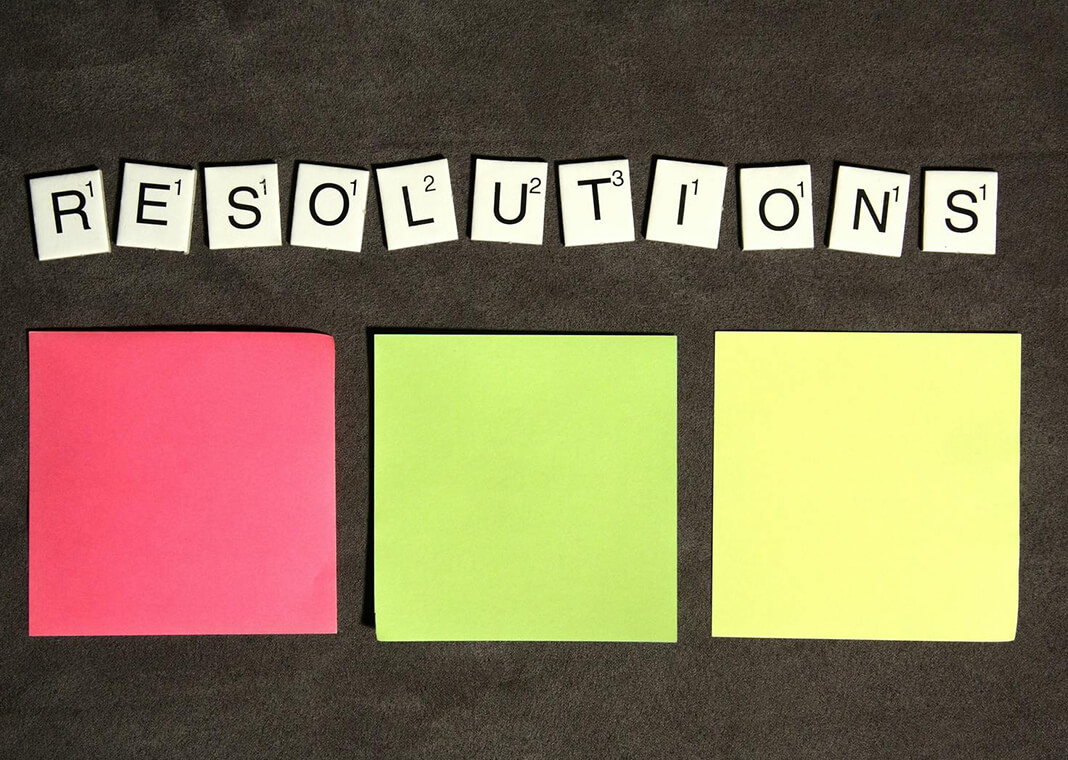
I have heard that the practice of creating New Year’s resolutions dates to at least ancient Romans, who engaged in pagan sacrifices and promised to act better in the next year, or even to Babylonians, who used their springtime new year as a time to pay debts and return borrowed items. Early Christians adopted this practice but replaced it with their own prayer and promising God to behave better in the next year. Now the religious character has all but disappeared as many of us vow to exercise more or quit a bad habit, like eating a favorite unhealthy food.
I don’t know whether St. Ignatius of Loyola made New Year’s resolutions, but in many ways the Examen is a kind of resolution that is connected to our relationship with God. Ignatius, though, did not treat resolutions as only once-a-year decisions, but as a daily practice.
In praying the Examen, we begin with letting ourselves be the object of God’s gaze of love and place ourselves in the presence of divine love. We start with gratitude and offer thanks to God. Next, we review our day. Sometimes I review my day in order, but sometimes I just allow whatever rises to the surface of my prayer to be there and pay attention to where God was in those moments. We can notice where God was, even if we had not noticed at the time that it happened. Then we notice how we responded to God and to others. Where was I responsive in a helpful way? Where could I do better? Often, it makes sense to sit with a particular moment of struggle or one of joy and gratitude. Then, in light of this prayer, we can resolve how to be in the future.
One can certainly do a year in review and pray to see where God might be leading us in the year ahead; this can be a nice way of making New Year’s resolutions. However, a lot of the value of the Examen is that it is not a one-time thing, but it’s a practice that helps us to see patterns. For example, I might notice that I continually feel deep joy and gratitude for the Creator when I walk my dog in the park soon after sunrise and experience the silhouette of the trees as I look eastward. Noticing that is an encouragement to return to a place and an activity of consolation. In contrast, if I notice that I lack patience at certain moments, I can pray over what might help me to break that pattern. Am I “hangry” in the pre-dinner hour such that a small snack in the late afternoon would help me to be more patient? Do I need different boundaries with a difficult person, and how can I exercise those boundaries in love?
Ignatius’s Examen is powerful, because it allows God to get into the constant making and remaking of us, as we are like that clay in the potter’s hand (Jeremiah 18:6). Over time, we come to realize that Ignatian resolutions are not so much a way that we remake ourselves but the way God remakes us to be more fully who God desires for us to grow into being. In that way, we become more fully ourselves.
Photo by Breakingpic on Pexels.

Thanks Marina. Indeed God is constantly shaping and reshaping us, of course with our explicit permission and cooperation.